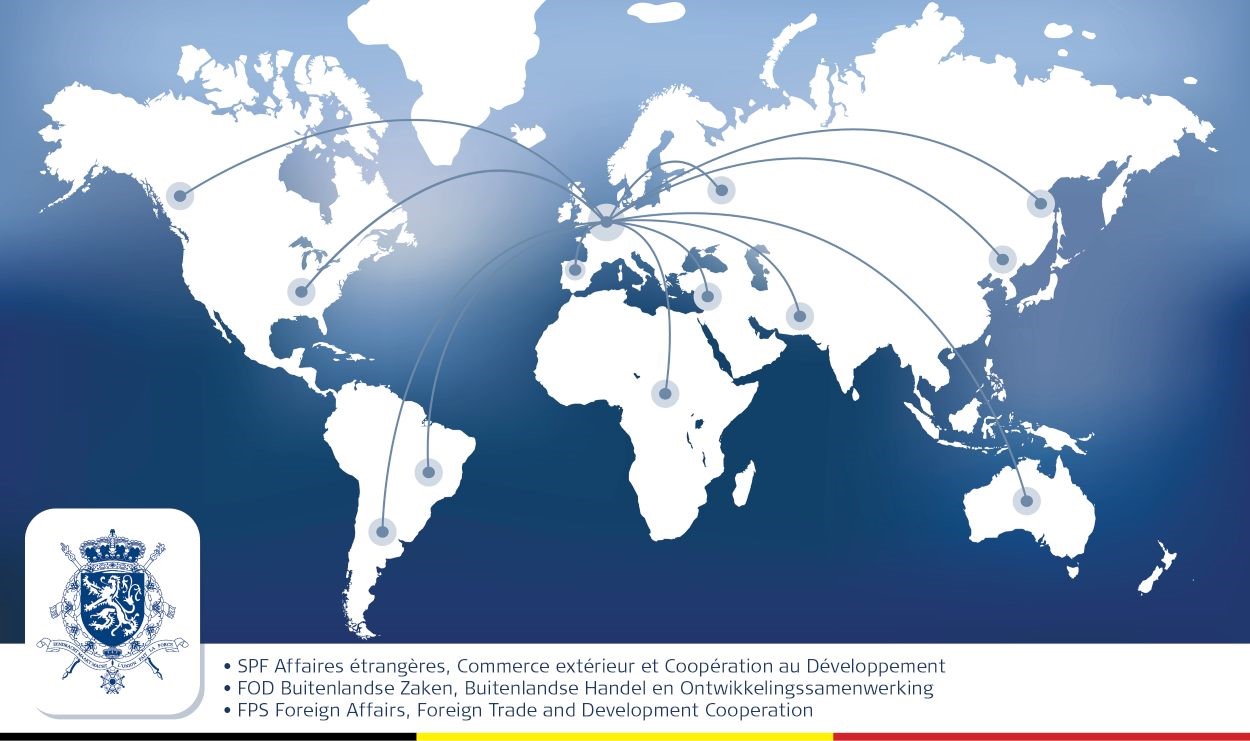
The Belgian diplomatic network will continue to mobilise for gender equality, both during bilateral contacts, within the European Union and in multilateral fora. These includes the UN Human Rights Council, where the human rights of women and girls constitute one of Belgium’s four thematic priorities under its current mandate (2023-2025). Of course, gender equality deserves our attention well beyond one day a year. This is why gender equality is a transversal and permanent priority of Belgian Development Cooperation, which translates into support for projects that pursue the achievement of gender equality or integrate the gender dimension in all its objectives. And we sometimes do not have to look that far. In Europe and Belgium, too, women’s rights are under pressure and there is still a certain way to go before the full achievement of gender equality. That is why this International Women’s Rights Day on 8 March remains more relevant than ever: it is the day, even more than usual, to highlight this issue and work for gender equality. For instance, despite progress on removing obstacles that limit women’s participation in political life, there is still a long way to go. To highlight this, Minister Lahbib is organising a debate on women’s political participation on the occasion of International Women’s Day in Brussels, with the aim of formulating concrete measures. Minister of Development Cooperation, Caroline Gennez : “Despite the progress made in recent decades, the fight for women’s rights is all but over. On the contrary. Acquired rights and freedoms of women are coming under pressure everywhere. Not only in the farthest corners of the world: also in the US and here in Europe. As long as girls cannot go to school everywhere, as long as not all women have access to sexual and reproductive health care, as long as we are not masters of our own bodies, and as long as there is no political, social and economic equality between men and women, we must continue to fight and stand in solidarity with all women and girls around the world who are standing up for their right to education, work and freedom.” During the debate, four experts will share their experiences and knowledge in a panel on women’s political participation, followed by two working groups where experts will elaborate on the impact of (online) violence against female politicians and the effectiveness of temporary special measures to increase women’s representativeness in politics. Minister of Foreign Affairs, Hadja Lahbib: “To encourage the participation of women in politics, we need gender equality in all spheres of society. And vice versa: we need more women in politics to achieve gender equality in society. To ensure that the presence of women in politics serves the rights of all women, a network of women foreign ministers has been launched. We are mobilising this very network to coordinate our actions on the advocacy of women’s rights around the world.” This year we celebrate the 75th anniversary of the Universal Declaration of Human Rights, endorsed by all United Nations member states. It guarantees that all human beings are born free and equal in dignity and rights. Everyone can invoke these rights without discrimination, anywhere and at any time. And yet, 75 years later, the achievement of the human rights of women and girls – about half the world’s population – is still a distant dream for many, while in many cases we even have to note a regression. A sad example is the quasi-exclusion of Afghan women and girls from all public domains or the ongoing discrimination against women and girls in Iran. Gender equality, female leadership, girls’ access to education, equal and full participation and the promotion of female role models and “transformative masculinities”, as well as the right to autonomy over one’s own body have long been and will continue to be priorities of Belgian Development Cooperation. In this perspective, activism remains equally important. In 2022, the high-level conference SheDecides +5 was organised in Brussels. More than 200 participants, mostly young people and women activists for gender equality, denounced there negative trends in some countries: abortion bans, homophobia, gender discrimination and other retrograde visions of gender. These activists are waging struggles on the ground, but they also need support on the decision-making front. That is why Minister Gennez joined the movement and officially became SheDecides Champion.